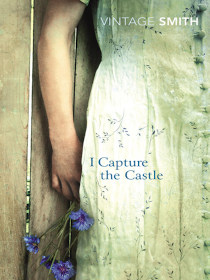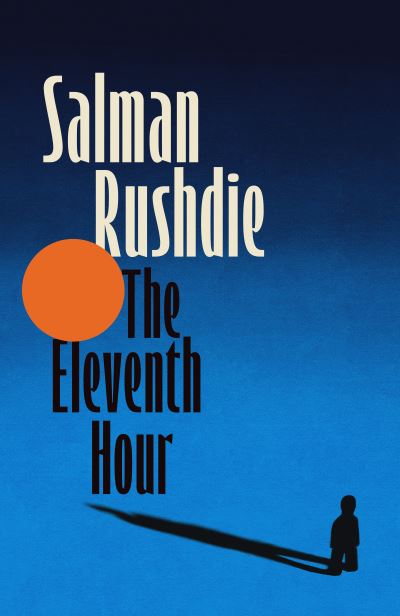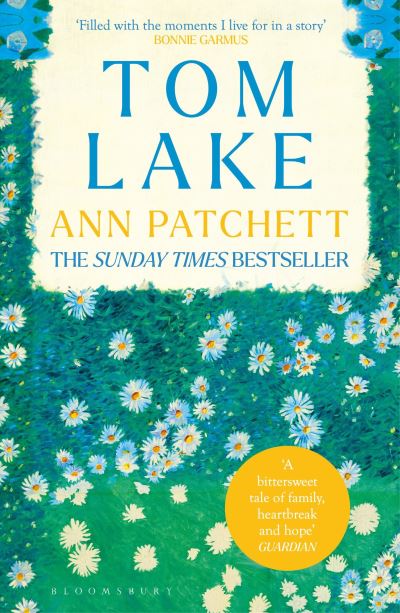I Capture the Castle by Dodie Smith
From the author of One Hundred and One Dalmatians, I Capture the Castle is one of the most charming novels in the English language, predominantly because of the charismatic and lovable narrator, Cassandra. The novel is Cassandra's diary; an aspiring author, Cassandra sets out to capture, in words, the castle in which she lives with her family in the middle of the English countryside during the 1930s. Family dreams of the castle as a romantic and bohemian home have long since dissipated since Cassandra's novelist father stopped writing years ago; as his book royalties have dried up, the castle has begun to crumble.
Cassandra and her sister Rose imagine themselves as characters from a 19th-century marriage plot book: 'two Bronte-Jane Austen girls'. When the book opens in March, we discover that their new landlords are two young, handsome and rich American brothers and we know exactly what that means for their story. It's the beginning of Pride and Prejudice. If Rose, the family beauty, can catch the attentions of the richer brother, a happy ending is assured for the Mortmain family.
Rose obliges and convinces herself that she is love with the eldest of the brothers, Simon. She sets out to woo him, learning to a proposal and the family look set to enjoy wealth once more. eventually, he proposes and the Mortmain family have wealth lavished on them. But this is a book which plays with competing forms of novels and soon the story moves from being a marriage plot to being a modernist novel when Rose discovers she isn't in love with Simon after all and Cassandra realises that she is...
While the novel ends ambiguously without any real sense of an ending (the characters are blissfully unaware of a war just round the corner even though Smith wrote the book in the middle of the Second World War), I Capture the Castle is a novel that you cannot resist. Take it from this reader, once you fall in love with it - and you will - you will want to read it over and over again.
Submitted by Mary Ellen






